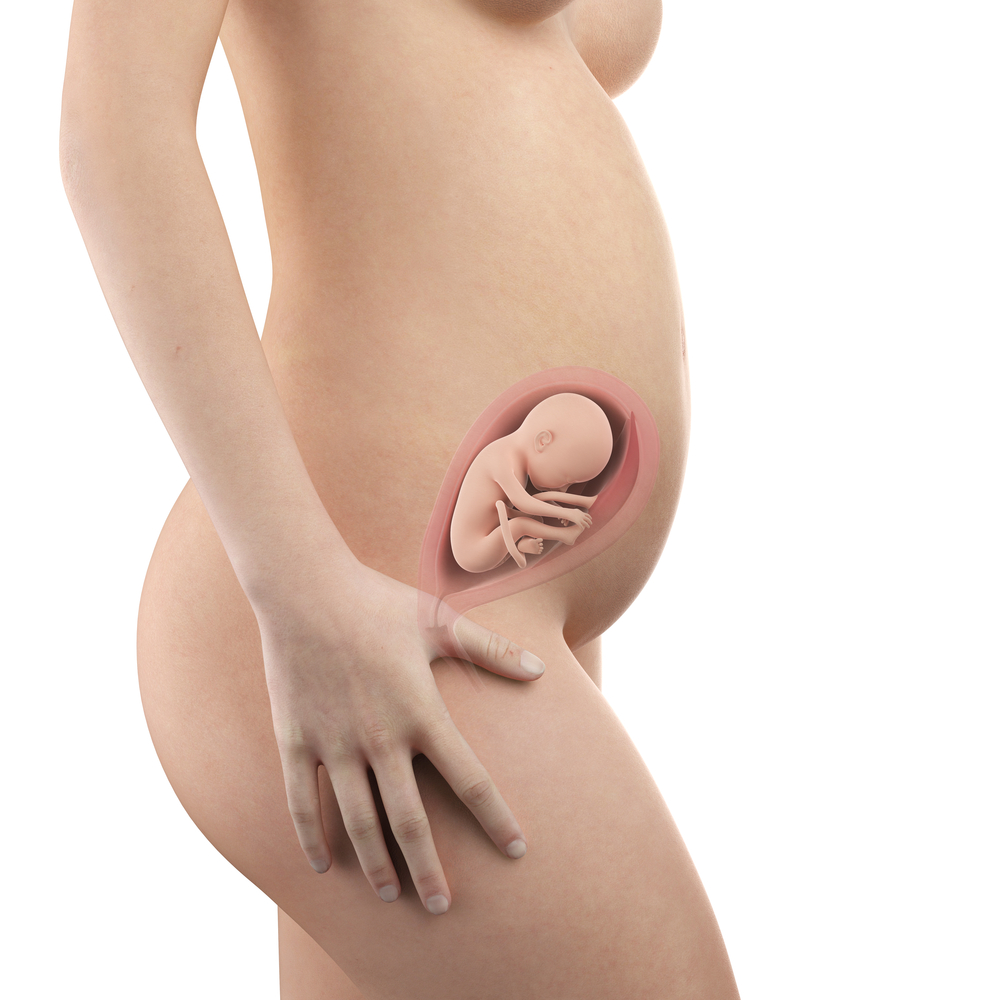Contents:
- Medical Video: Fatty Liver Disease | Q&A
- Food for babies with liver disease
- Food for toddlers with liver disease
- Food for children with liver disease
Medical Video: Fatty Liver Disease | Q&A
Nutrition plays an important role in the growth and development of children. This is even more important in children who suffer from liver disease. There is clinical evidence that children with liver disease who have a balanced diet experience better progress after a liver transplant and spend less time in the hospital. Food consists of many different nutrients such as protein, carbohydrates, fats, vitamins and minerals needed for good nutrition.
The liver plays an important role in good nutrition and growth for two main reasons:
- Produces bile, which helps absorb fat in the diet.
- Turning nutrients in food into energy and substances needed by the body for normal body growth and function.
Babies with jaundice caused by liver disease can drink large amounts of milk. This is because they are unable to digest nutrients in milk. This causes them to remain hungry. Therefore, they tend to want to eat often. Children with liver disease may have a very bad appetite and may need additional energy and protein. Increased need and poor food intake can cause malnutrition. Where, poor nutrition can result in poor growth, lack of energy and a greater risk of infection. Therefore, special attention to nutrition is very important. You will receive help and advice from your diet expert. Here are some tips on how to feed your child at various stages in life:
Food for babies with liver disease
Babies who drink a little milk and don't grow well because of liver disease may need to start special formula milk, which often has a different taste and smell than normal milk. Regular baby milk contains fat in the form of long fat chains (Long Chain Fat/ LCT), which requires a good flow of bile to be absorbed properly. If your baby has jaundice, this indicates that the flow of bile is not good and fat is not easily absorbed. This is why your baby can drink a lot but does not grow.
Special formulas contain different fats called Medium Chain Fat (MCT), which is absorbed easily without the need for bile. Your nutritionist will tell you about the best milk for your baby. It is important for your baby to be weighed regularly, and keep in touch with your nutritionist. This is to ensure that any weight loss or related diet problems can be dealt with quickly. If you breastfeed you will be advised to continue if your baby grows well. However, it is often necessary to provide additional special formulas in addition to breast milk to ensure your baby continues to gain weight and grow.
Your nutritionist will tell you the best way to do this. Supplements that provide extra calories may need to be added to baby formula. Your nutritionist will also prescribe this.
Food for toddlers with liver disease
Giving solid food should start between the ages of 4 and 6 months, and be introduced in the same way to every baby. Your doctor can advise you about normal weaning practices and your nutritionist can provide more specific advice if needed.
A baby suffering from liver disease does not need to avoid certain foods. Even if your baby doesn't eat a lot, it's important for them to eat regularly and take part in family meals. This is an important part of their social development and also plays a part in building the muscles used in speaking.
Food for children with liver disease
Generally, children can undergo a normal diet, which allows them to eat the same food with family and friends. They usually do not need changes in the type of fat in their diet. Conversely, children often replace the loss of calories by eating more food. However, your nutritionist will tell you if your child needs to avoid certain foods or consume additional snacks or supplements.
Good nutrition is an important part of managing your child's liver disease. If you need help or advice, you can ask a nutritionist at the hospital where your child is being treated. It will be very helpful to get to know your nutritionist; they are always willing to give advice if you experience eating difficulties or problems that can develop in your child.












